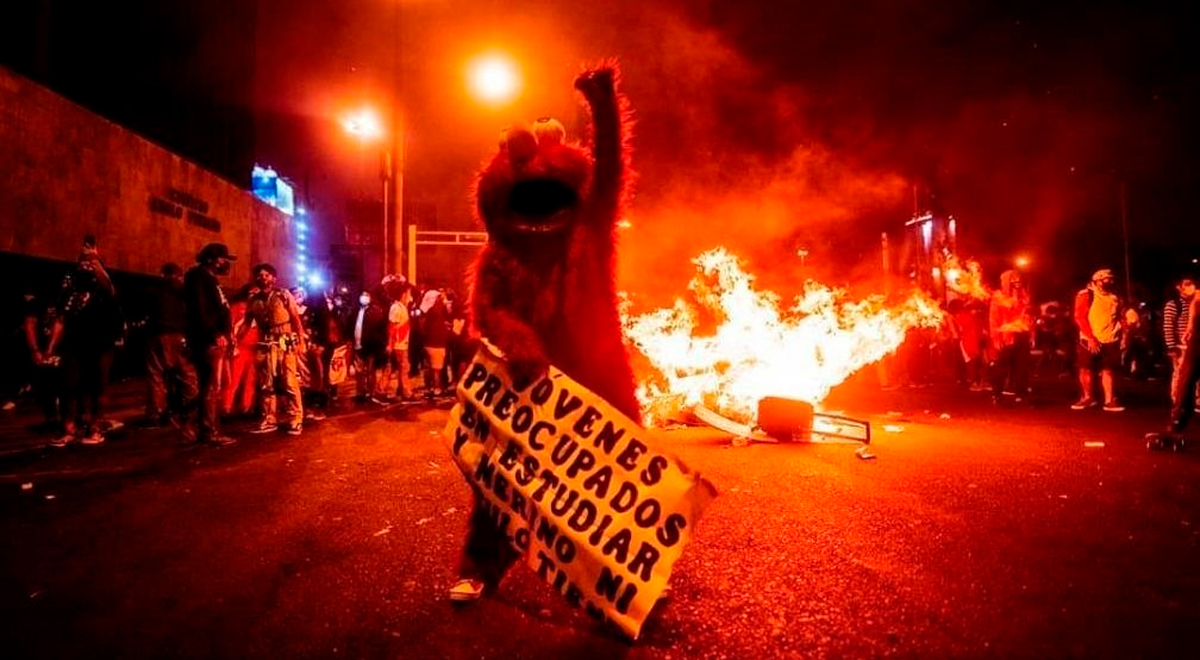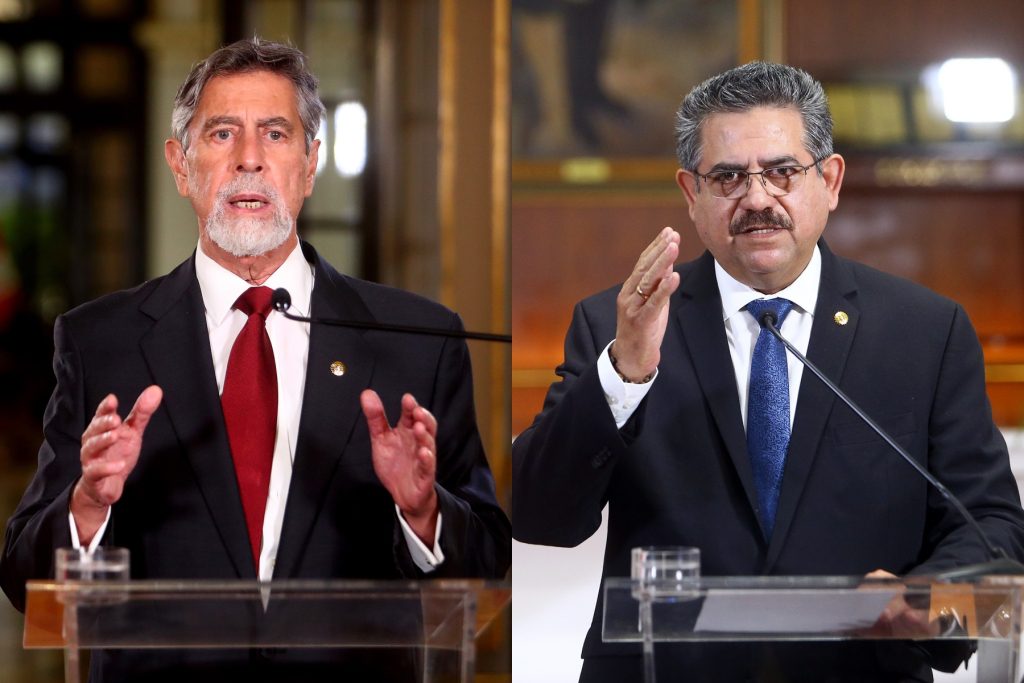Welcome back! In this post, we’ll talk about the most intense Tuesday to Sunday I’ve ever lived; Manuel Merino’s presidency.
Manuel Merino Arturo de Lama was born in the city of Tumbes on the 20th of August 1961. He spent his early childhood and completed both his primary and secondary education in Tumbes.
In 1979, Merino began his undergraduate studies for the major of agro-economics at what is now known as the National University of Tumbes but he dropped out before completion. Shortly after, he joined the right-wing political party ‘Acción Popular’ (Popular Action) and integrated Tumbes’ Youth Command.
Four years later, Manuel solidified himself as an agricultural and livestock producer and a merchant leading multiple agricultural associations in Tumbes. One of his most recognizable accomplishments was in the year 2000, Merino coordinated and brought together multiple agrarian organizations from the Northern Region of Peru and achieved the complete cancellation of debts to the government and the refinancing of their debts to the private sector.
The following year, Acción Popular chose him to run for a seat in Congress during the General Election and he succeeded, nevertheless, he was not re-elected in the next election in 2006 as most of the congressional seats were given to candidates from the capital.
Following this loss, Merino took a more active role in Acción Popular’s National Executive Committee and in the next general election, he became one of the representative candidates of the newly-founded Alianza Electoral Perú Posible (Possible Peru Electoral Alliance). This alliance joined three political parties; Acción Popular (Right-wing), Somos Peru (Christian-Democratic), and Perú Posible (Centre-Left).
As a representative of this alliance, Manuel was elected to congress for the Tumbes constituency from 2011 to 2016. In 2016, he was not re-elected for any position.
In the 2020 General Election, he was once again elected to congress and was even appointed as President of Congress. Later that very same month he was accused of nepotism as it was discovered that both his siblings and mother were contracted by the state for over 50,000 dollars each; the accusations were later dismissed and the charges were dropped with little explanation.
In September of the same year, proceedings began in Congress to vacate President Vizcarra. Merino was one of the most insistent advocates for this as there was no First Vice-President and the Second Vice-President, Mercedes Aráoz, had resigned months before; which meant he would ascend to President of the Republic once Vizcarra was vacated.
He was appointed the day after Vizcarra’s resignation and almost immediately prompted massive protests all across the country as the deposition was viewed as unconstitutional and politically motivated. This was such a controversial issue that the Secretary General of the OEA urged the Constitutional Court of Peru to judge its legality.
The following five days consisted of extensive and violent protests in all the major centers of the country, mostly concentrated on the historical centers of the capital. Many international organizations for human rights condemned the police brutality that took place during these manifestations but it was not until two civilians passed away from their injuries on the 14th of November that the members of Merino’s presidential cabinet resigned.
The following day Manuel Merino resigned. He was succeeded by Francisco Sagasti and was investigated for possible human rights violations and homicide, the Permanent Commission of the Congress of the Republic voted to shield Merino from investigations. Manuel Merino is now nicknamed ‘Merino El Breve’ (Merino The Brief).

:quality(75)/arc-anglerfish-arc2-prod-elcomercio.s3.amazonaws.com/public/LADOSRSL5FDQLFMUOHEWP4KMVU.jpg)
:quality(75)/arc-anglerfish-arc2-prod-elcomercio.s3.amazonaws.com/public/M7VGBXSQNZHJRFH6DOF5CWA6EE.jpg)




